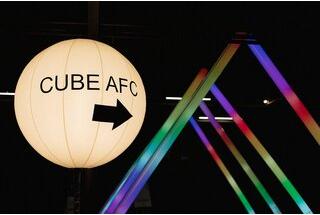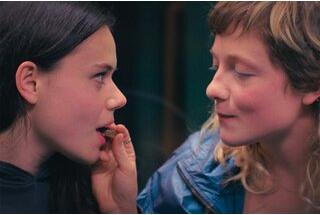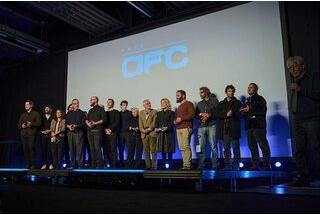Presenting the results of the AFC’s "blind" lens test
By Pascal Lagriffoul, AFCWe conducted our tests according to the following principle : a comparaison between images filmed with thirty-three pairs of Super 35 lenses (the new wide format and zooms were not tested), 25mm and 50mm focal length for the spherical lenses, and 50mm and 100mm for the anamorphic lenses.
Camera used : Arri Alexa SXT W – Format / Codec : 2.8 K RAW, frame rate 25 fps, 800 ISO, aperture : 180°, colorimetry : 4000 K – 3 CC – Image Format 2:1.

Two strictly identical shots were shown, meaning at the same focal length (or as close as possible). A wide shot with the 25mm spherical and the 50mm anamorphics, and a close-up with the 50mm and 100mm lenses.
Same setting, same lighting, same nominal aperture (T:2.8 for the sphericals, T:4 for the anamorphics).
Same colour timing with an 18% grey card used as a reference (cut in editing).

A set was built at the ENS Louis-Lumière, a kind offer by Michel Barthélémy, ADC. Two models were filmed on that set.
The screening of the results was done “blindly” without revealing the name of the lenses, and the viewers are invited to take notes on sheets distributed beforehand to note down their impressions.
The screening was soundless but the singular noise of the rustling of notetaking and turning pages said a lot about the audience’s level of concentration ! After the screening, a key was given out to the attendees so that they could identify which lenses corresponded to which labels shown on screen.

We hugely enjoyed ourselves making this production, throughout which the four of us (Caroline Champetier, AFC, Denis Lenoir, AFC, ASC, ASK, Martin Roux, and myself) exchanged endless emails passionately discussing the topic.
We had the same pleasure as we shared the viewers’ impressions after the screening. Some people had recognized “their” lenses, other people discovered new lenses, but everyone enjoyed the opportunity they were given to watch.
To watch and to appreciate. I think that here we are celebrating an area that continues to be our technical poetry, our own material in these digital times. During a seminar last year at Camerimage, I was surprised to hear a cinematographer say that lenses were the last area in which cinematographers can work their unique magic…
The thumbnail of this article shows Denis Lenoir and Pascal Lagriffoul.
 En
En Fr
Fr





